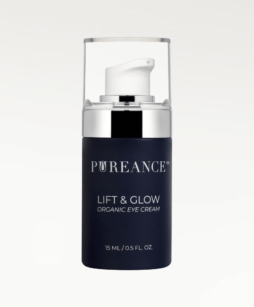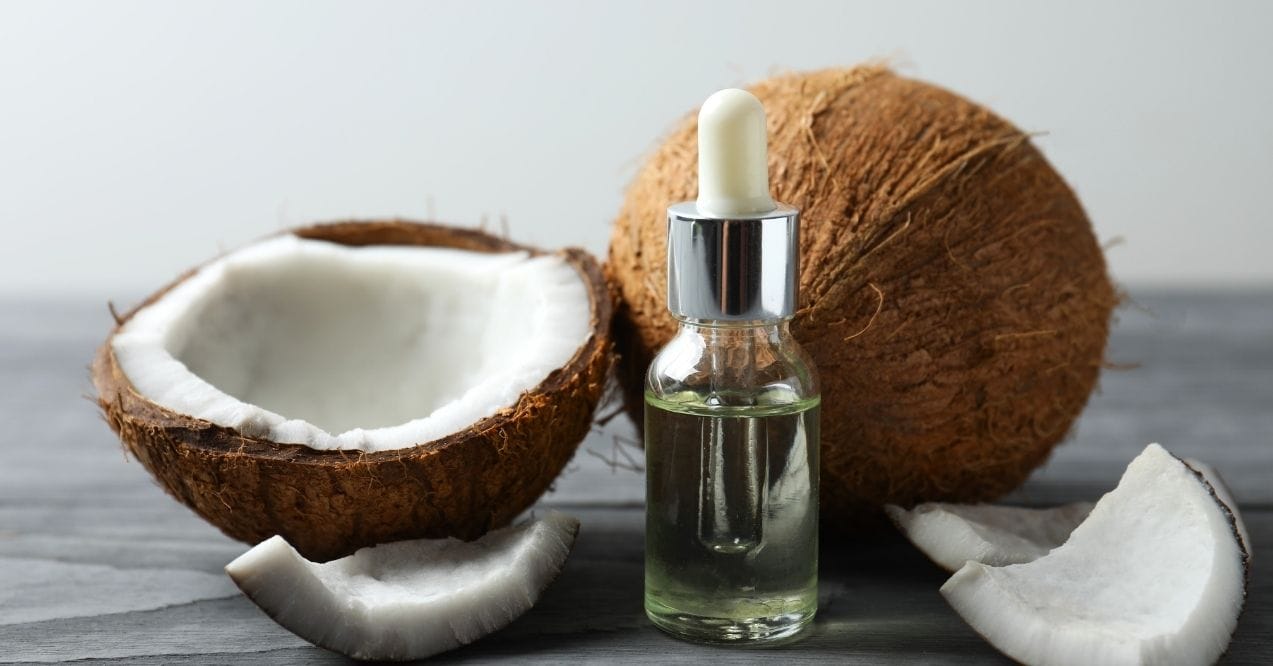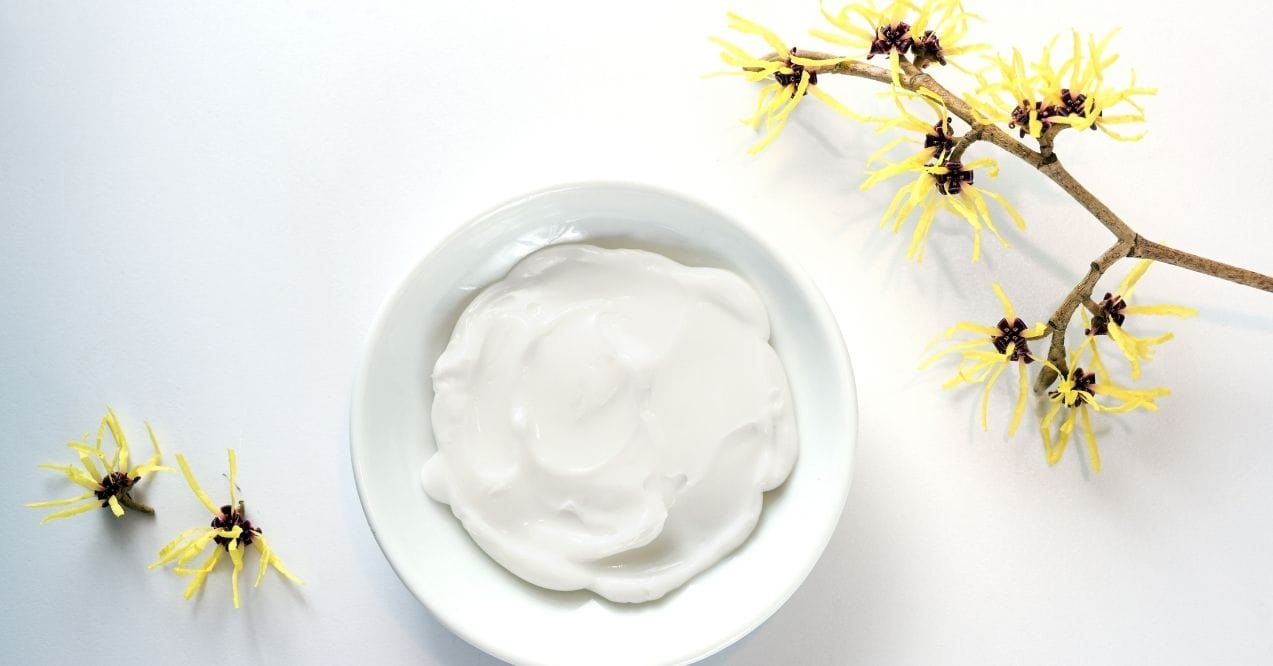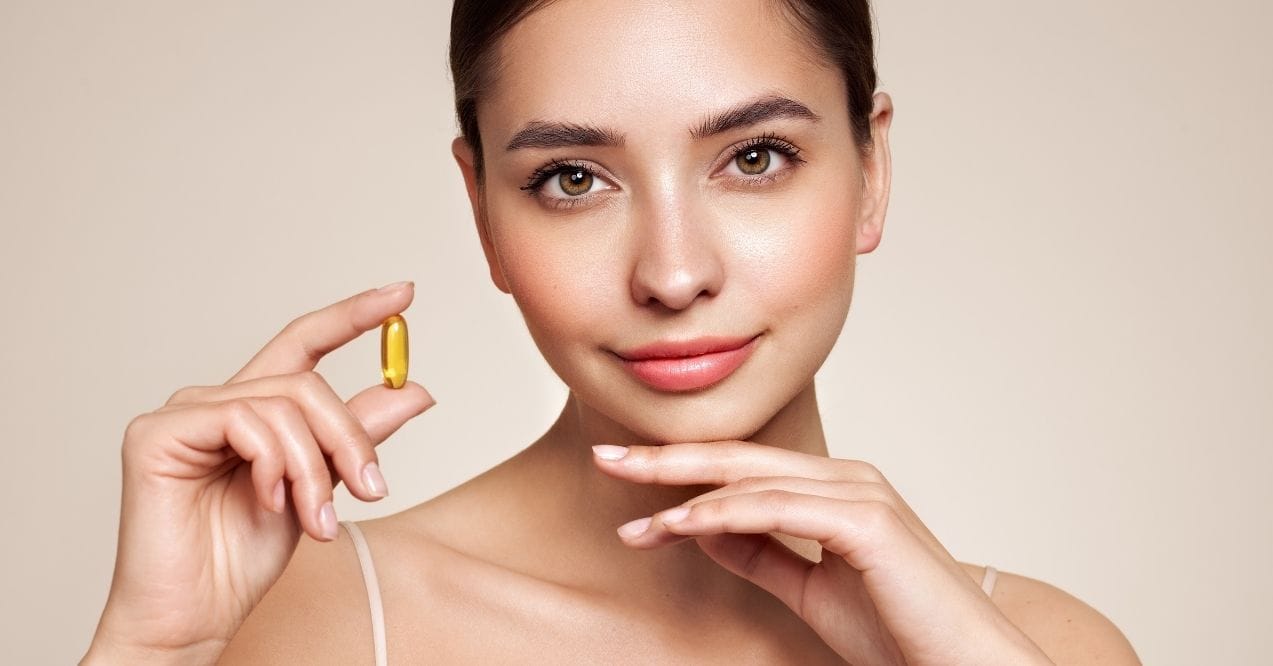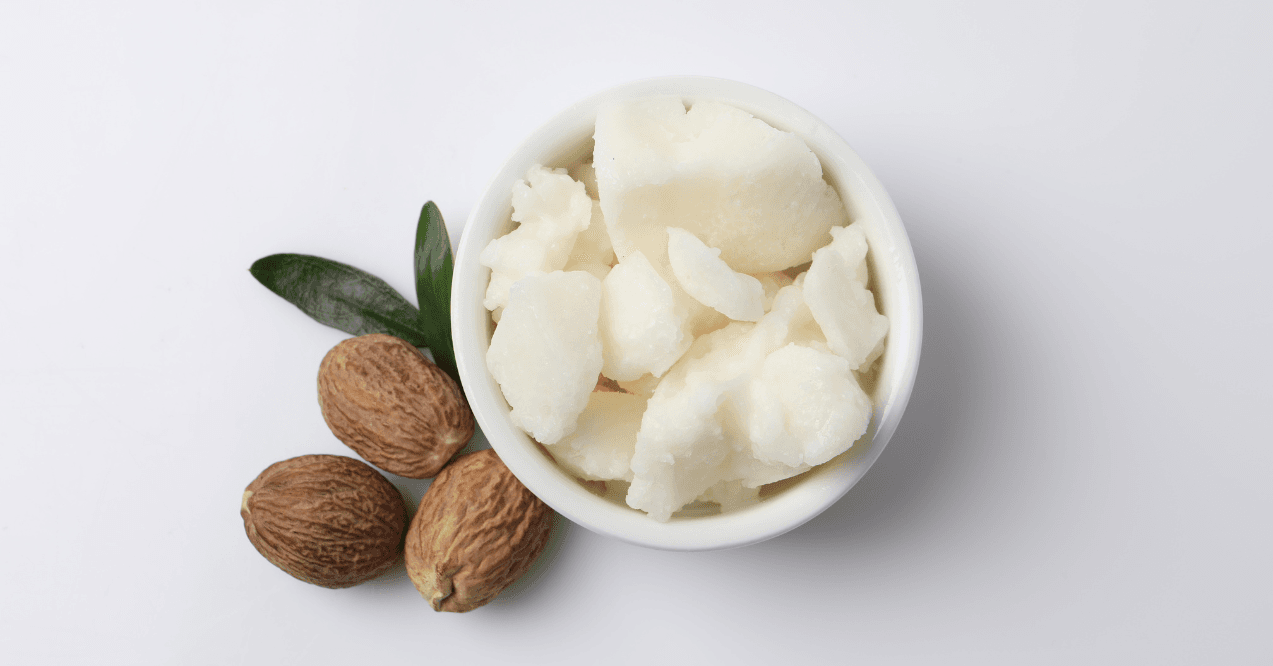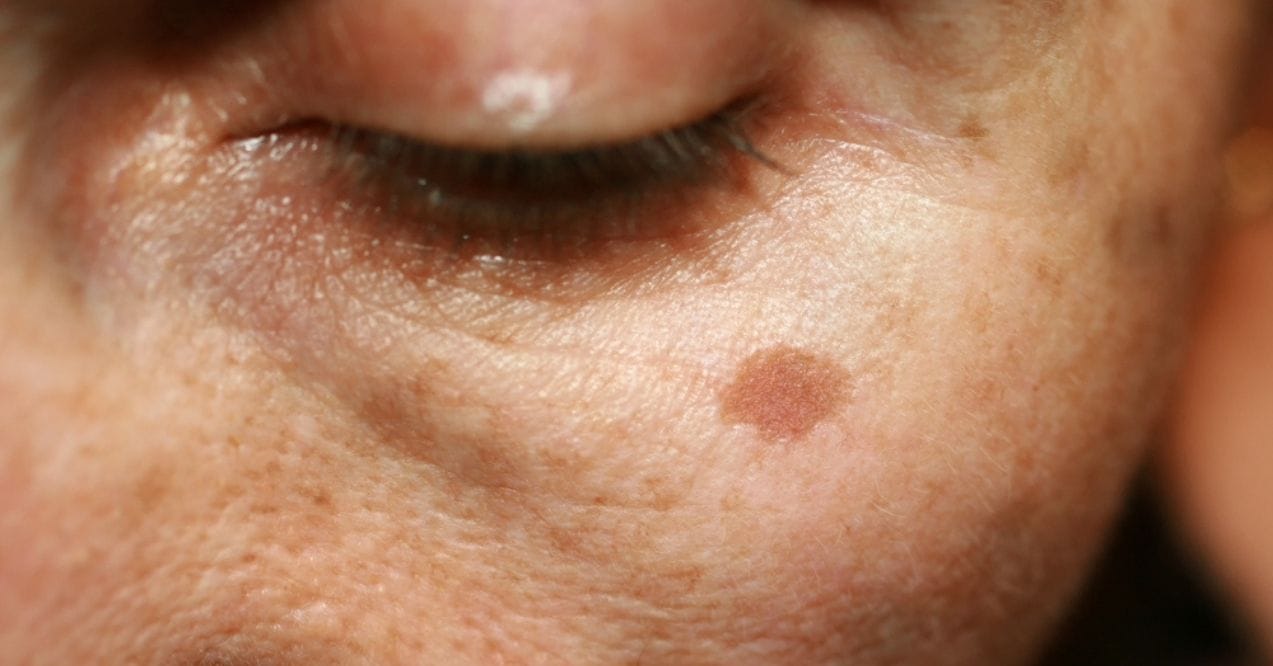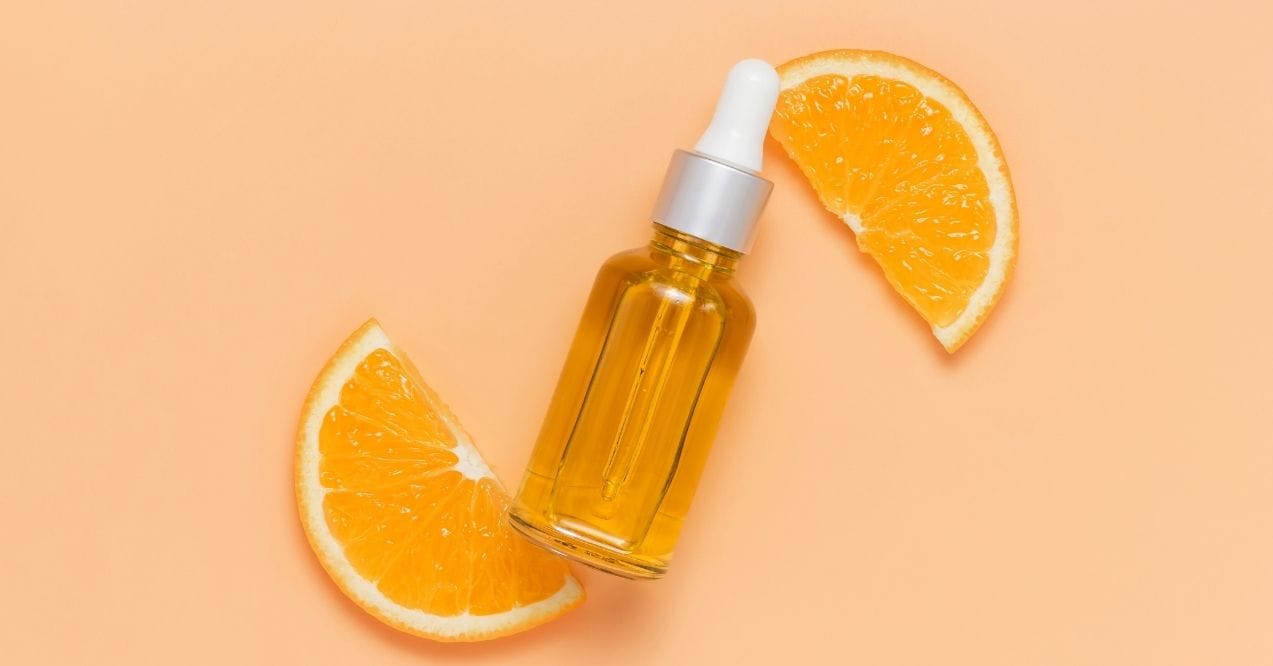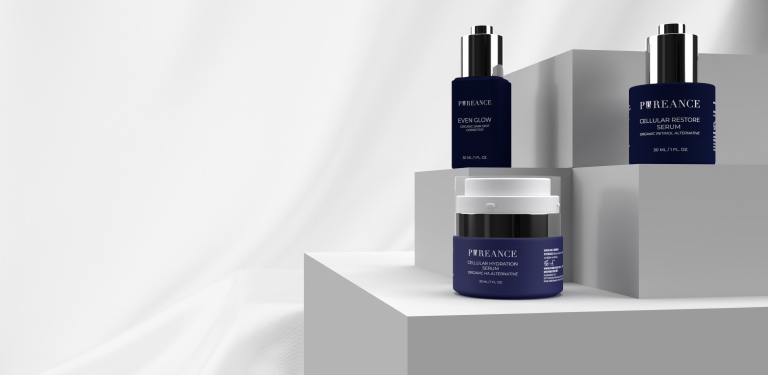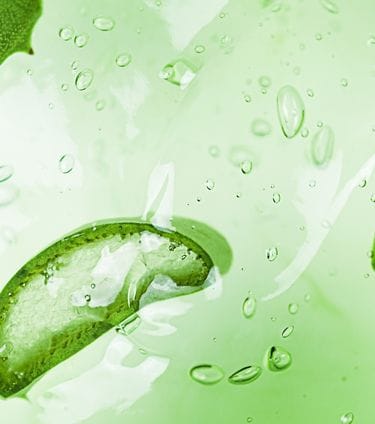
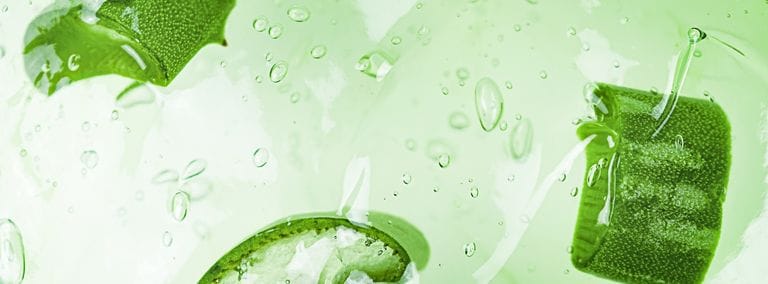

Does Aloe Vera Help With Dark Spots?
Does aloe vera help with dark spots? If you’re like many women experiencing uneven skin tone, you might be curious about this popular plant’s potential. Those stubborn dark spots can affect how confident we feel, leading many of us to explore gentler, more natural options for achieving a more balanced complexion. While there are countless products on beauty store shelves, aloe vera has captured attention as a time-honored botanical ingredient that might help support more even-looking skin.
In this guide, we’ll explore what science tells us about aloe vera’s properties, how it works on dark spots, and the most effective ways to incorporate it into your skincare routine. Whether you’re new to natural skincare or looking to expand your knowledge, you’ll discover practical insights about this versatile plant and how it might complement your beauty regimen.
Key Article Findings
- Aloe vera supports even-looking skin tone while keeping skin hydrated.
- Easy to use in multiple ways: pure gel, masks, or combined with other products.
- Works best as part of a consistent skincare routine with sun protection.
Is Aloe Vera Good for Dark Spots?
So, does aloe vera help with dark spots or is it only a myth? Research suggests that using aloe vera for dark spots shows promising potential, thanks to its unique blend of beneficial compounds. Let’s explore the key mechanisms that make this succulent plant a popular choice for supporting more even-looking skin tone.
Reducing Melanin
Aloe vera contains a natural compound called aloin, which studies have shown may influence melanin levels in the skin. This interaction could help promote a more balanced-looking complexion over time. The plant’s natural properties work gradually and gently, making it suitable for those seeking a mild approach to skin tone concerns.
Antioxidant Benefits
One of aloe vera’s strongest attributes is its rich antioxidant content, including vitamin C and vitamin E. These antioxidants help protect your skin from environmental stressors that can affect its appearance. By supporting your skin’s natural defense system, aloe vera helps maintain a fresh, vibrant-looking complexion.
Hydration for Skin Healing
Aloe vera’s impressive moisture-binding properties play a crucial role in supporting skin health. When skin is properly hydrated, it looks more radiant and even-toned. The plant’s natural moisturizing elements help maintain skin’s water balance, which can improve the overall appearance of your complexion. This hydrating action, combined with its other beneficial properties, makes aloe vera a valuable addition to any skincare routine focused on achieving a more uniform-looking skin tone.
Benefits of Using Aloe Vera for Dark Spots
Can aloe vera remove dark spots? While it’s not a quick fix, the aloe vera plant for dark spots offers several compelling advantages that make it worth considering as part of your skincare routine. Let’s explore why this succulent has earned its place in beauty routines worldwide.
Natural and Gentle on Skin
Unlike many synthetic ingredients, aloe vera is remarkably gentle on the skin. Its natural composition makes it particularly suitable for those with sensitive skin who might react to stronger ingredients. The plant’s soothing properties help maintain comfort while working to improve the appearance of your complexion.
Versatility in Application
One of aloe vera’s standout features is its incredible versatility. You can apply pure aloe gel directly to your skin, mix it with your favorite moisturizer, or create a nourishing face mask by combining it with other natural ingredients. This flexibility allows you to customize your skincare routine based on your specific needs and preferences.
Safe for Long-Term Use
The beauty of aloe vera lies in its mild nature, making it suitable for regular use in your skincare routine. Unlike some harsh ingredients that require careful timing and limited application, aloe vera can be incorporated into your daily regimen without concern. Its gentle approach means you can confidently use it as part of your long-term skincare strategy while supporting your skin’s natural balance.
Remember, consistency is key when using natural ingredients like aloe vera, and results typically appear gradually as part of a comprehensive skincare routine.
How to Use Aloe Vera for Dark Spots
Looking to incorporate aloe vera for hyperpigmentation into your skincare routine? Here are several effective ways to harness its benefits:
For pure aloe application, gently cut a leaf lengthwise and scoop out the clear gel. Before applying it to your face, do a patch test on your inner arm and wait 24 hours to ensure your skin responds well.
Try these simple DIY combinations:
- Aloe and Vitamin C Blend – Mix fresh aloe gel with your favorite vitamin C serum for a brightening boost. Apply in the morning before your moisturizer.
- Aloe and Turmeric Mask – Combine 2 tablespoons of aloe gel with 1/4 teaspoon of turmeric powder. Apply this golden mask for 10-15 minutes before rinsing.
- Aloe and Green Tea Spray – Mix equal parts steeped green tea and aloe gel in a spray bottle for a refreshing toner that supports even-looking skin tone.
Aloe Vera vs. Other Treatments
When considering options for uneven skin tone, it’s helpful to understand how aloe vera compares to other popular ingredients and approaches.
Aloe Vera vs. Vitamin C
While vitamin C is known for its brightening properties, aloe vera offers a more subtle approach to supporting even-looking skin tone. Many people find success using both ingredients together – aloe vera’s moisturizing properties can help balance vitamin C’s potentially drying effects, making them an excellent combination for many skin types.
Aloe Vera vs. Chemical Exfoliants
Chemical exfoliants like alpha-hydroxy acids (AHAs) work through surface renewal, which some skin types might find intense. Aloe vera, on the other hand, takes a gentler approach. Its natural properties support skin’s appearance without the potential sensitivity that stronger ingredients might cause, making it particularly suitable for those with delicate skin.
Aloe Vera vs. Professional Treatments
While professional services often deliver faster visible results, they typically require recovery time and can be costly. Aloe vera offers a gradual, budget-friendly option that can be easily incorporated into your daily routine. While results may take longer to appear, the gentle nature of aloe vera makes it a practical choice for ongoing skin maintenance.
Limitations and Considerations
While aloe vera can be a valuable addition to your skincare routine, it’s important to understand its limitations. Here’s what to keep in mind:
- Gradual Results – Unlike some skincare ingredients, aloe vera works subtly over time. You’ll need patience to see changes in your skin’s appearance.
- Individual Response – Everyone’s skin is unique – what works wonderfully for one person might show minimal results for another.
- Quality Matters – The effectiveness can vary significantly between products. Look for options with a high percentage of pure aloe vera gel and minimal added ingredients.
- Patch Testing – Always perform a patch test on your inner arm before applying aloe vera to your face. While most people tolerate it well, some might experience mild sensitivity.
- Part of a Routine – For best results, consider aloe vera as one component of a comprehensive skincare approach that includes proper cleansing, moisturizing, and sun protection.
This balanced approach helps set realistic expectations while maximizing the potential benefits of incorporating aloe vera into your skincare routine.
Conclusion
Does aloe vera help with dark spots? Based on what we’ve explored, this gentle botanical ingredient offers promising potential for those seeking a natural approach to more balanced-looking skin tone. While it works gradually, its combination of hydrating, soothing, and antioxidant properties makes it a valuable addition to any skincare routine. Whether used alone or paired with complementary ingredients, aloe vera’s gentle nature and versatility make it worth considering for those looking to support their skin’s natural radiance.
Aloe vera supports a more balanced-looking complexion, but results vary for each person. For lasting results, it’s important to maintain consistent sun protection and skincare routine while using aloe vera products.
Both options can be effective. Fresh aloe provides pure benefits, but quality store-bought products offer convenience and longer shelf life. Look for products with high aloe content and minimal added ingredients.
Results vary, but most people notice improvements in their skin’s appearance after 8-12 weeks of consistent use. Remember that aloe vera works gradually, supporting your skin’s natural processes over time.
Aloe vera can help promote a more even-looking skin tone through its natural properties. While it works gently and gradually, many people appreciate its subtle approach to supporting balanced-looking skin.
This site offers health, wellness, fitness and nutritional information and is designed for educational purposes only. You should not rely on this information as a substitute for, nor does it replace, professional medical advice, diagnosis, or treatment. If you have any concerns or questions about your health, you should always consult with a physician or other health-care professional. Do not disregard, avoid or delay obtaining medical or health related advice from your health-care professional because of something you may have read on this site. The use of any information provided on this site is solely at your own risk.
Nothing stated or posted on this site or available through any services are intended to be, and must not be taken to be, the practice of medical or counseling care. For purposes of this agreement, the practice of medicine and counseling includes, without limitation, psychiatry, psychology, psychotherapy, or providing health care treatment, instructions, diagnosis, prognosis or advice.
